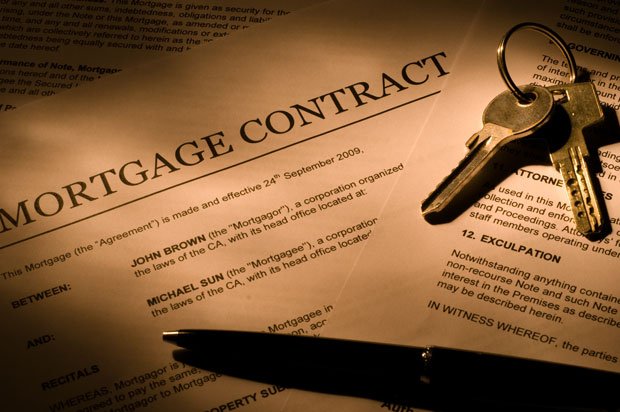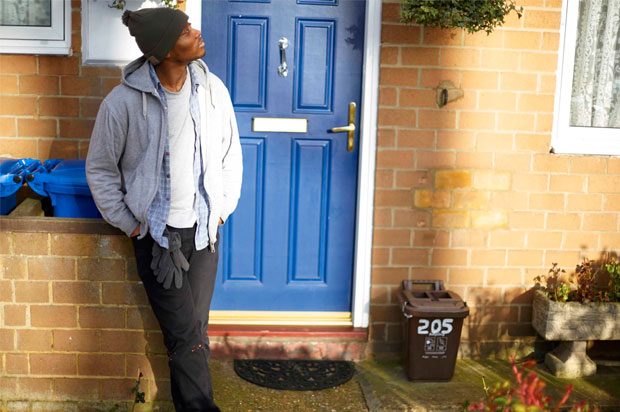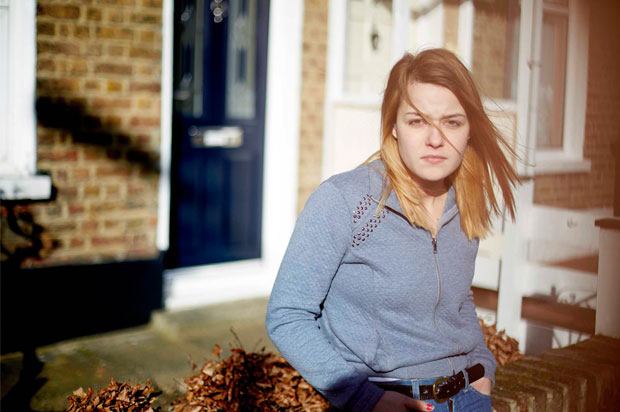The process of buying a house

The steps towards finally buying your own furniture
The process of buying a house or flat is complicated. How are you supposed to know what to do? Where do you start, and what exactly goes on? The Mix talks you through the house buying process in the UK.
How does buying a house work?
Here’s the simplest overview of the process of buying a house:
- You save like mad to get together enough money to put down as a deposit (at least 5%).
- Speak to a bank to get a mortgage in principle, basically a quick way of figuring out what you can afford (in theory).
- Find a place you like and make an offer.
- If it’s accepted, go back to the bank and start a mortgage application.
- At the same time find a solicitor to sort out all the boring legal stuff.
- When all the paperwork is done you agree on a date when it becomes yours and that’s the day you get the keys.
Simple right? Yeah, not really. The process of buying a house in the UK is rarely straightforward and you don’t really tend to learn about all this stuff until you’re right in the middle of it all. So to give you a head start, here’s what you need to do before you devote your weekends to house hunting.
What to do before you buy a house
Roughly step by step, when you’re ready to start looking:
- Agree a mortgage in principle with a lender — this is how you know roughly what you can afford and the bank’s way of quickly checking you’re ok to lend to. Remember you don’t have to spend the maximum amount you think they’ll lend you!
- Register with local estate agents and a whole host of property websites, such as Rightmove and PrimeLocation, and start looking at properties. Be warned, estate agents will call you. A lot.
- Find a solicitor. It’s a good idea to use a local company – preferably one that specialises in property (aka conveyancing) – so that you can go into the office if you need to. That said, there are plenty of solicitors working remotely now too, just check their reviews online before you make a decision. You can search for a solicitor on the Law Society’s website. Don’t be afraid to negotiate a fixed price upfront for the legal work – however, bear in mind this could change if your solicitor runs into unforeseen complications. Solicitors vary massively in terms of quality, so if the price seems too good to be true then proceed with caution.
- When you find a place you like, make an offer through the estate agent.
The house buying process
When you’ve found a place you like and have had an offer accepted on it, this is how the house buying process goes in an ideal world. Bear in mind that it can take anywhere up to 6 months for the whole thing to go through, especially if you’re buying a flat rather than a house.
- Ask for the property to be taken off the market. The vendors aren’t obliged, however, until your mortgage is in place and you’re deemed ‘proceedable’.
- Your solicitor obtains the deeds to the property and starts contract paperwork. This is the boring legal stuff. There will be a ton of paperwork they need to get from the seller that proves the house is theirs and that there aren’t any major problems with it, e.g. if it has a history of flooding or sinking into the ground. Unfortunately, solicitors tend to work very, very slowly and they do make mistakes, so you’ll need to be prepared to keep chasing them and to check all the paperwork yourself. If you have a deadline, make sure they’re aware of it.
- Apply for the mortgage properly. This is where you give the bank all your proof of income, employment etc. and they look at your credit history (aka credit scoring) in detail to decide whether they are happy to lend to you or not.
- Arrange a survey to be carried out on the property. The lender’s valuation (which you’ll usually have to pay for) is not a survey – it simply verifies to the lender that the property’s worth the asking price. It’s advisable to have your own survey carried out by a chartered surveyor. Our article on the hidden costs of buying a house explains the different types of survey.
- If the bank’s valuation comes back satisfactorily and you pass all their financial checks it will agree to your mortgage.
- The survey report goes to the solicitor, who checks the survey, organises a local search, finalises the contract, and confirms the mortgage with the bank.
- You send your deposit to your solicitor, who holds it for you. Be very careful when doing this and don’t be afraid to call them up to triple check their account details.
- The exchange of contracts and deposit between solicitors is the point of no return. Neither side can legally back out any more. You’ll agree on a ‘completion’ date, which will be the day you legally own the property. The time between exchange and completion can be any amount of time that all parties agree on – several months or even the same day.
- You’ll then sign transfer deeds (a formal document that authorises the transfer of ownership) prepared by your solicitor.
- Your mortgage money is transferred via the solicitor (you don’t get to see it, sorry). You then get the transfer deeds, Land Registry certificate, and the keys. This is known as Completion.
- Move into your new home.
- Your solicitor gets the deeds stamped, pays stamp duty, and passes the title deeds (legal document that state who owns the property) to the mortgage lender.
- You receive a solicitor’s bill, which will include legal fees, stamp duty and land registry.
Next Steps
- Shelter's advice website for young people offers help with housing problems and a free helpline 0808 800 4444. If you're in Scotland, use http://scotland.shelter.org.uk/ instead.
- Chat about this subject on our Discussion Boards.
By
Updated on 29-Sep-2015
No featured article










